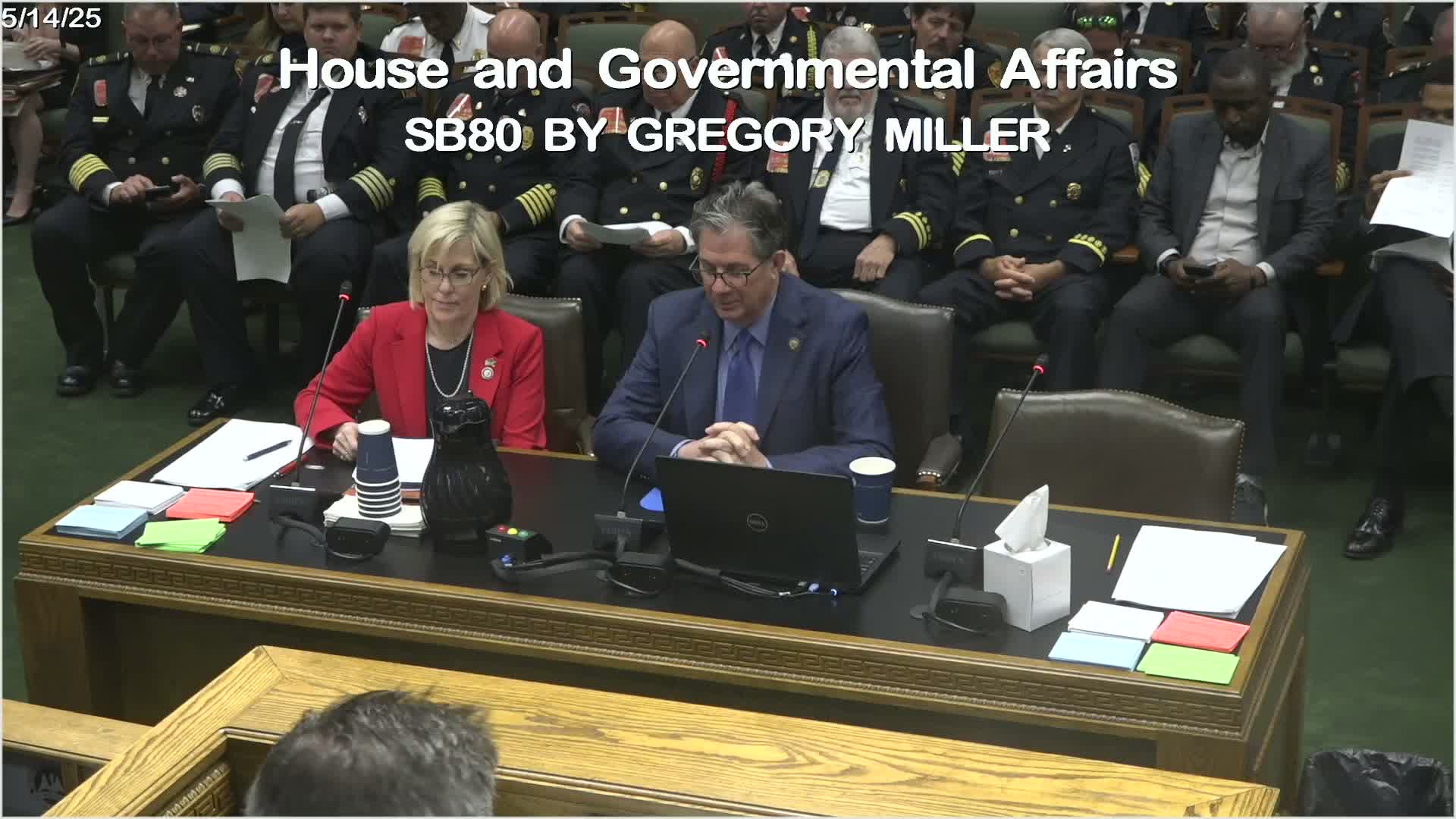Article not found
This article is no longer available. But don't worry—we've gathered other articles that discuss the same topic.
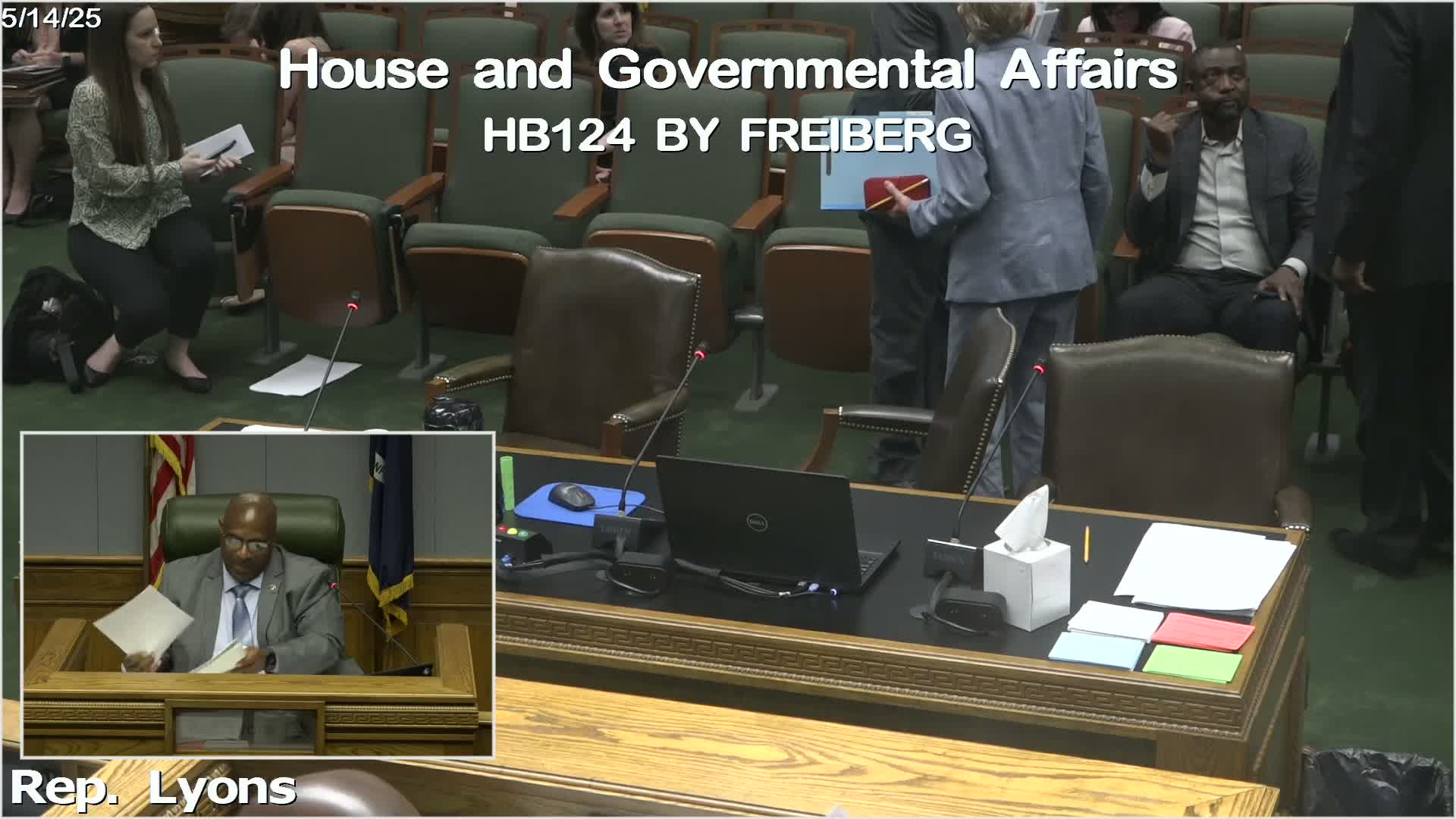
Committee approves redrawing of 19th JDC elections into two subdistricts plus at-large seat; opponents cite racial and logistical concerns
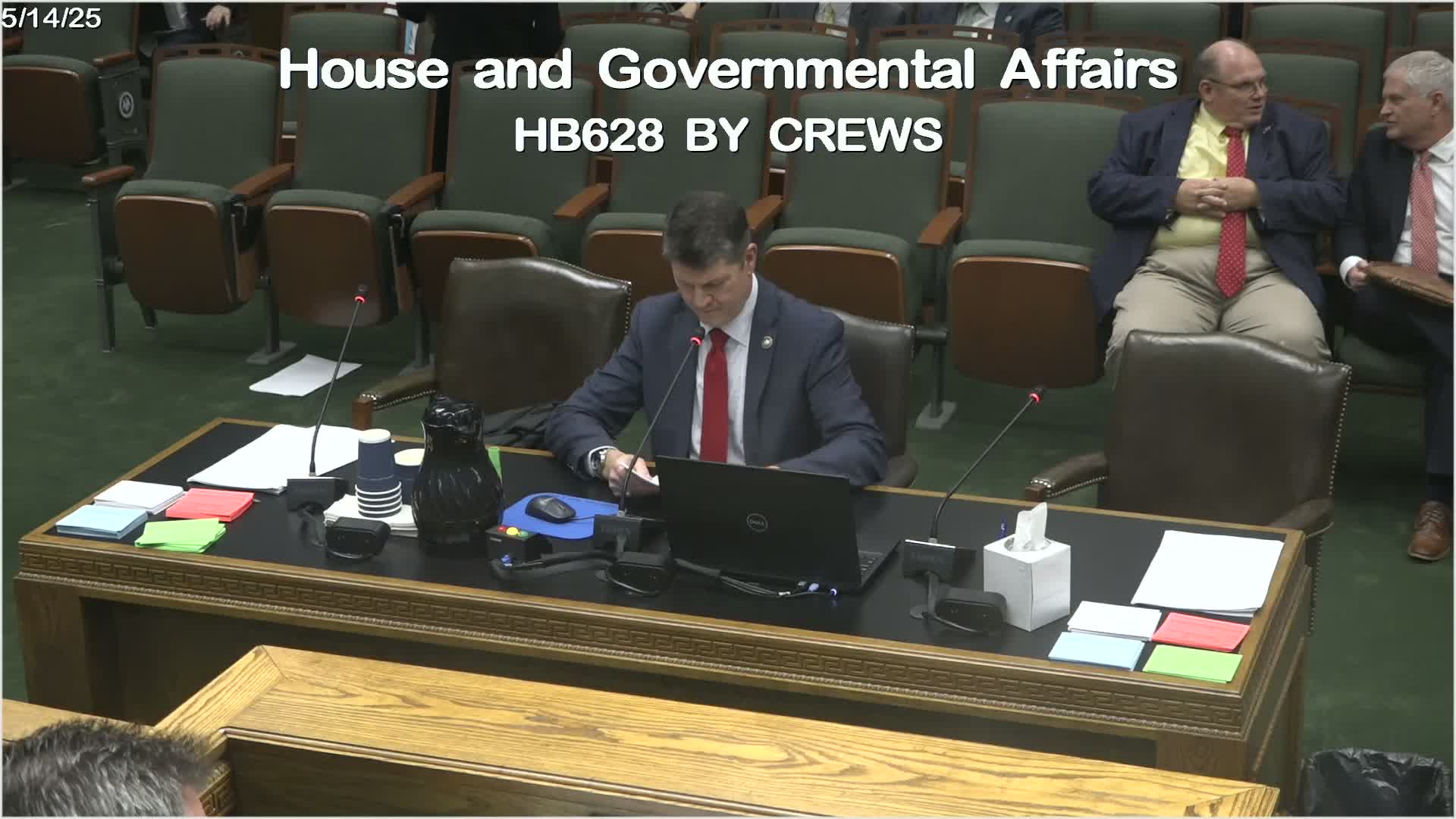
Panel clears bill to create 'Louisiana Dividend' fund from excess mineral revenues
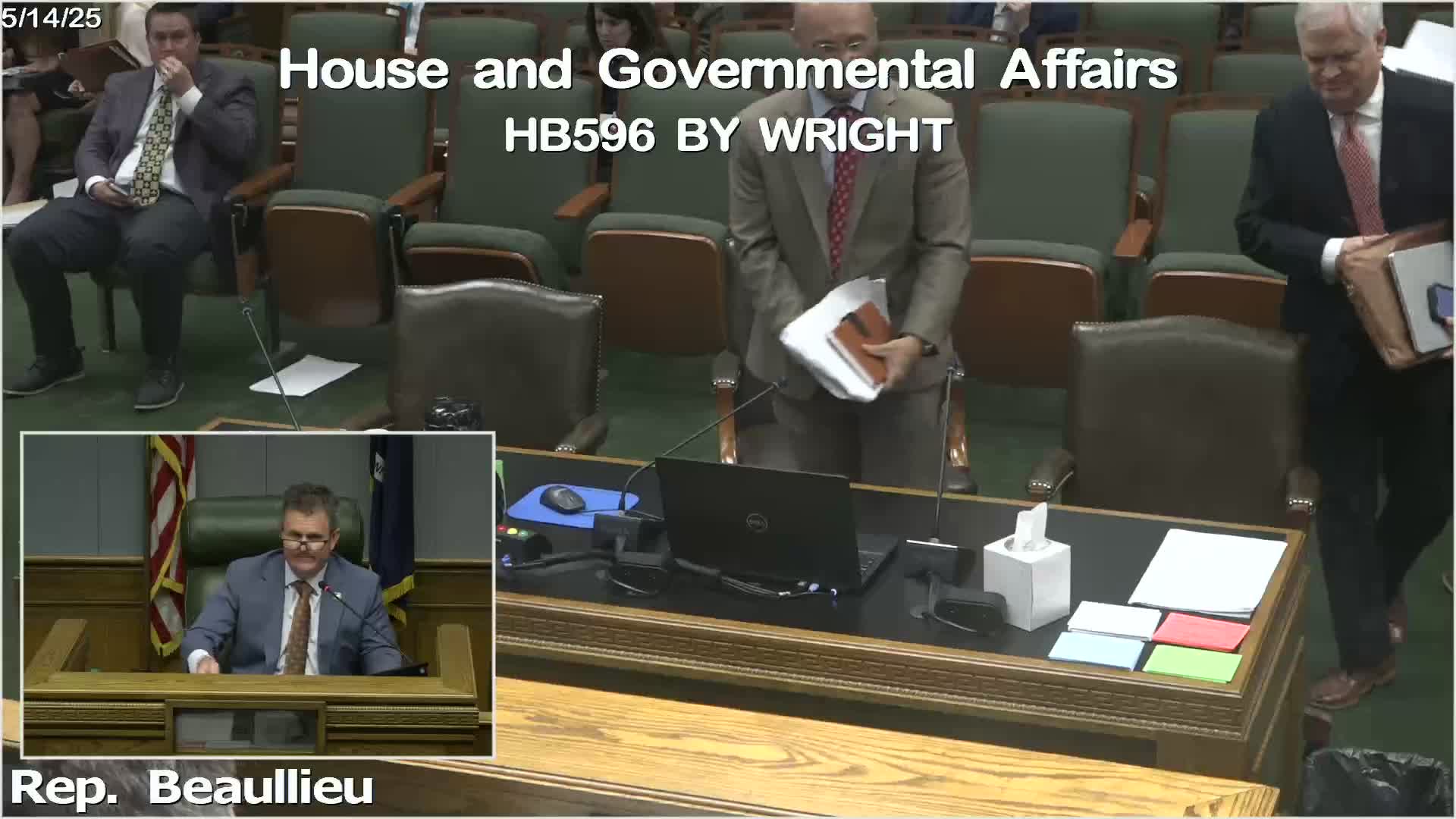
Committee backs broad rewrite of campaign finance law with new committee types and due-process changes
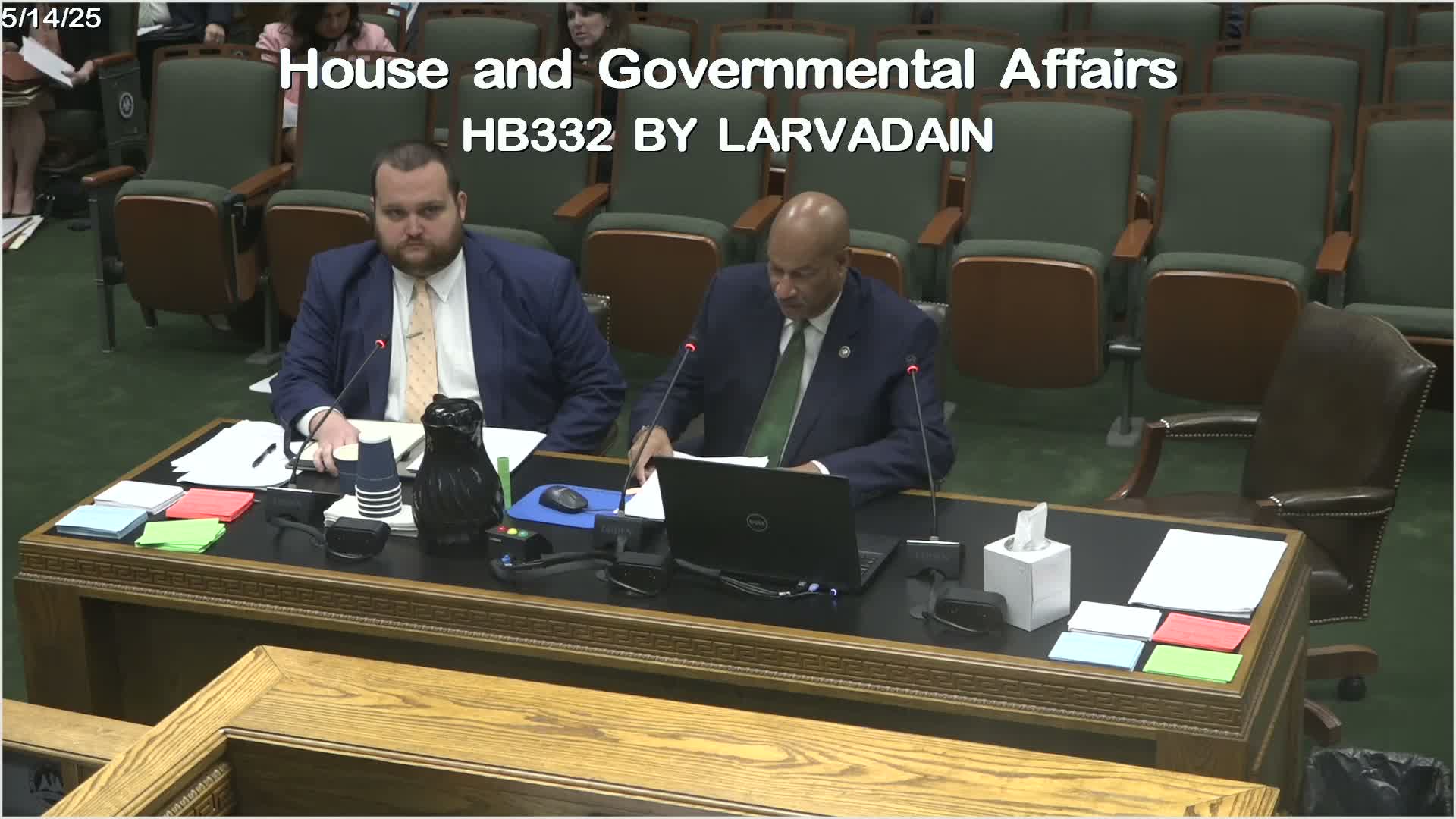
House panel splits 300- vs. 600-foot debate; bill to shrink campaign-free zone fails on tied vote
